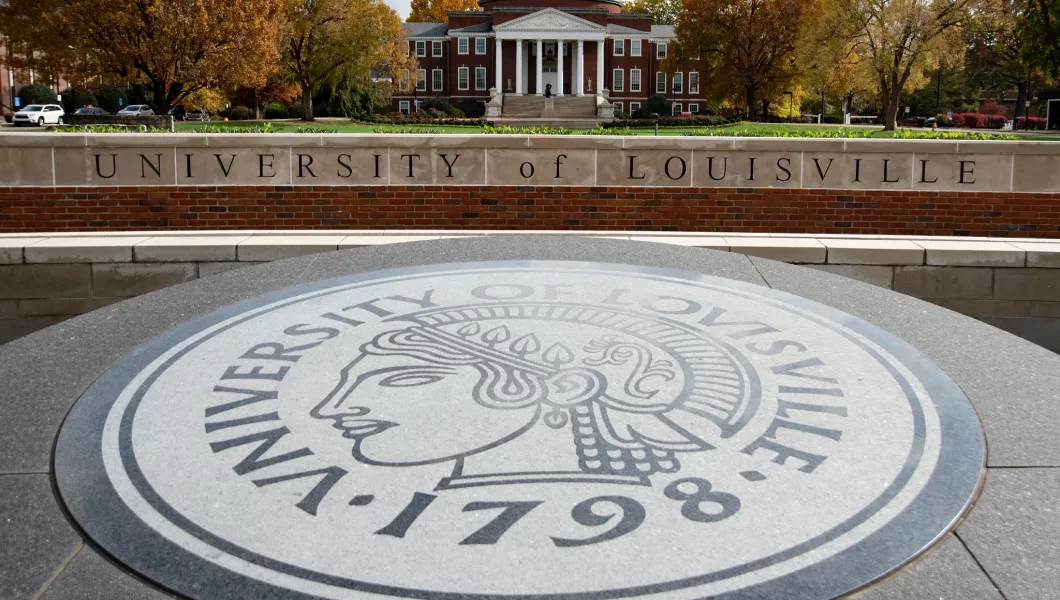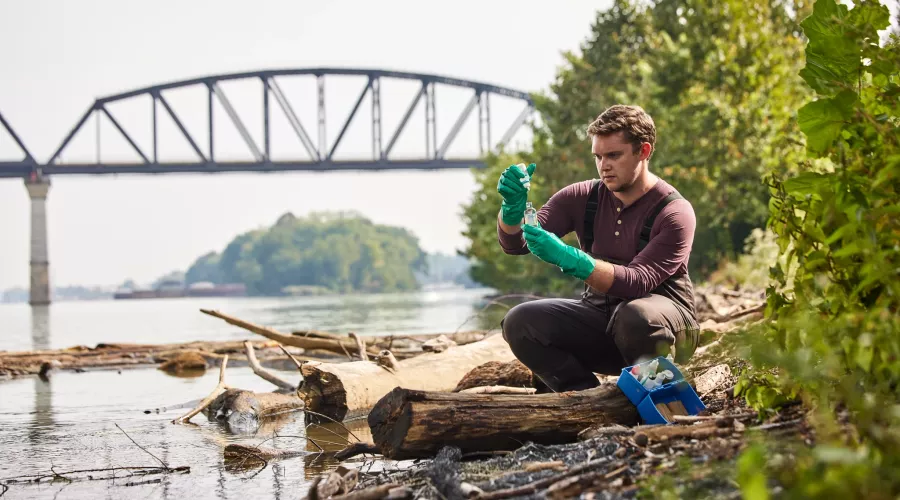Who We Are
The Department of Enterprise Risk and Insurance (ERI) is dedicated to minimizing risks to individuals, property, and University operations while fostering a safe and secure campus environment. ERI administers the University of Louisville’s Enterprise Risk Management program and oversees a range of insurance coverages, including general liability, property, auto, professional liability, and workers’ compensation. In addition, ERI provides policy oversight for University programs involving minors. Through collaboration with all University departments, ERI proactively identifies, evaluates, and mitigates potential risks—promoting a culture of informed and responsible risk management across the institution.

Make a Report
Do you need to report an incident, damage or work related injury? Click the appropriate link to file a report with our office.

Explore ERI Services




ERI Programs

Commercial Casualty Insurance Program
ERI administers the university's commercial casualty insurance program, which includes insurance for auto, property, liability, cyber, international travel, museum collections and much more. Click for more information.

Workers' Compensation (Login)
Workers' compensation is a system designed to provide financial and medical benefits to employees who are injured or become ill due to their job. Click to learn more about the claims process and benefits.

Youth Protection Program (YPP)
The university is committed to protecting the health, safety, and well-being of minors to ensure positive, enriching experiences in University of Louisville–sponsored programs. Click here to learn about YPP requirements

Participation and Release Form
To protect the university’s people and property, individuals participating in events or activities outside their normal scope must sign a Participation and Release Form. Departments should provide a supplemental addendum outlining potential risks.
Meet the Team






